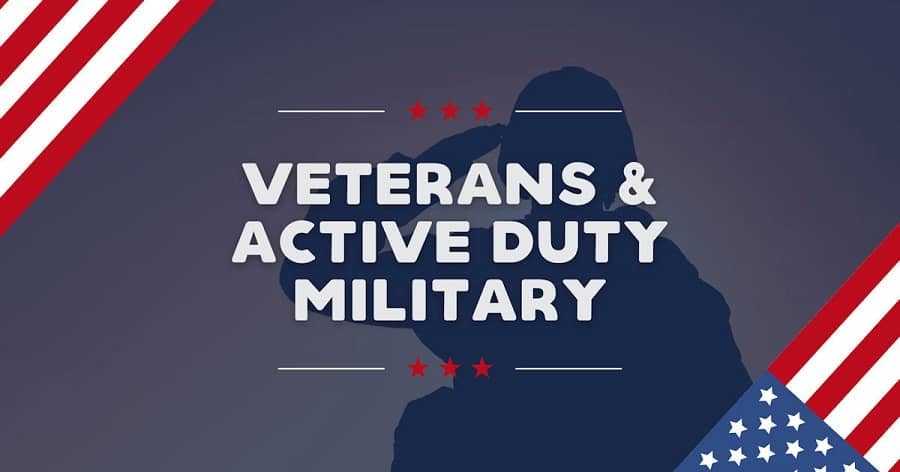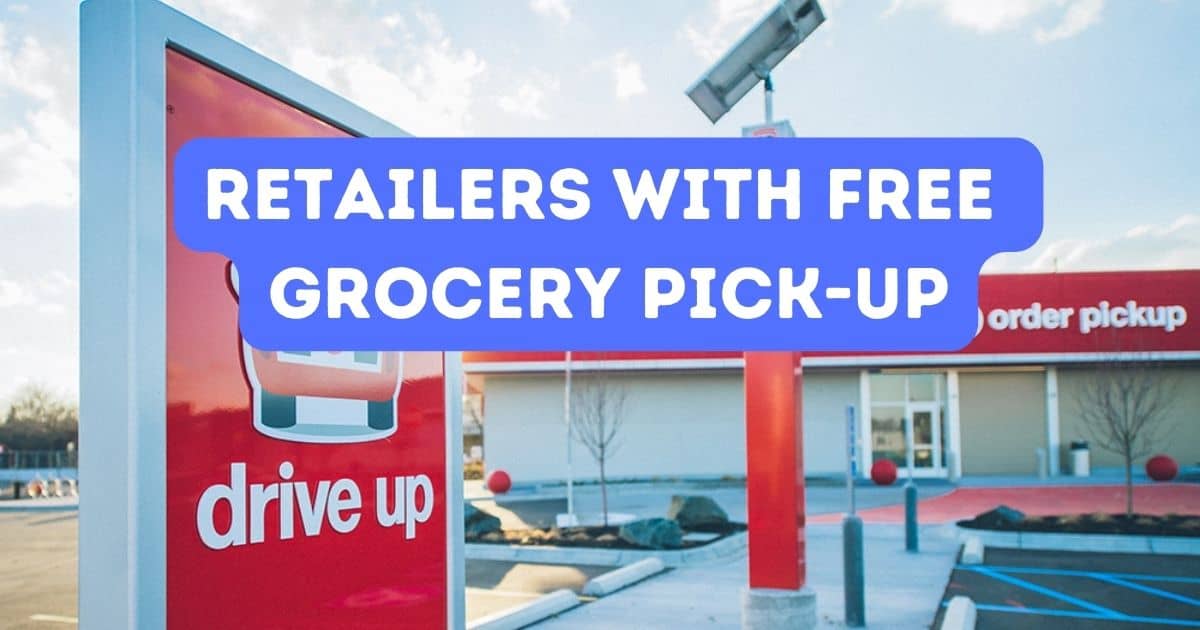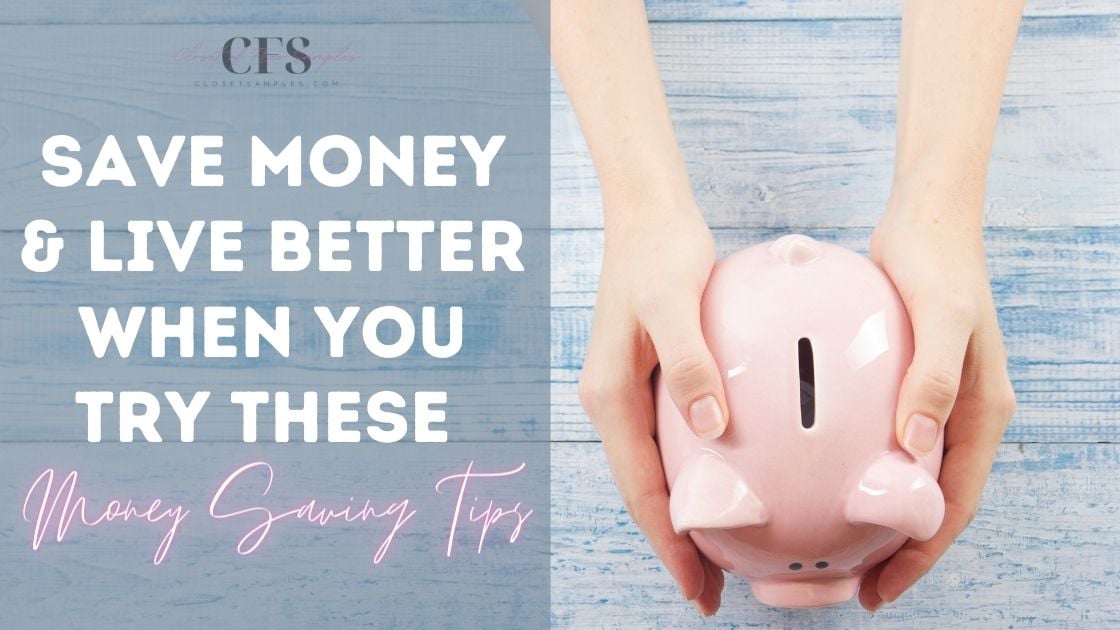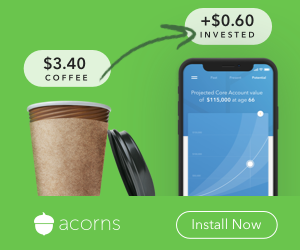
If you are reeling under the intense impact of ever-mounting debts, it could be a wise move to opt for the debt settlement or the debt consolidation process as per your unique requirements. In order to determine what is best for your situation, you may initiate by examining your finances and chalking out a clear budget accordingly. You need to decide whether you have no issues with multiple payments or you desire to opt for just a single monthly repayment, a relatively lower rate of interest and maybe an extended or a long-drawn-out repayment period. Let us find out how we can effectively compare debt settlement with debt consolidation and then make the right choice.
Evaluate All Your Available Debt Repair Options
You need to find out if your loan is actually, eligible. In this context, keep in mind that not all loans would be eligible or available for settlement or consolidation. Debt settlement, for instance, concentrates typically on unsecured debts like credit card balances. You are usually, unable to opt for a debt settlement on a home loan or a car loan. Consolidation is similar; however, it provides slightly more flexibility in terms of student loans, for instance.
For many people, there is an immense psychological advantage of having a consistent and simplified monthly repayment and so they are lured by an effective debt consolidation strategy. However, in certain conditions, a debt consolidation loan could imply a lower interest rate and lower total payment every month. As per https://www.investopedia.com, unfortunately, all these savings could be offset because of its extended repayment terms. It is, therefore, mandatory to understand and fully examine the total long-term costs involved in taking out a debt consolidation loan.
- An unsecured debt or loan is actually supposed to be a loan without any connected lien on some specific property like home or car. The debt is supposed to be unsecured like a car or home loan but a home loan is supported by equity whereas, a particular credit card balance seems to be unsecured.
- Your debt consolidation attempts could also encounter obstacles. The terms of the different loans may be preventing them from being merged into one another. Moreover, certain lenders would be offering debt consolidation only for loans amounting to a specific amount or more.
- Examine The Interest Rate Of Your Current Account
If you are paying a pretty high rate of interest, it could be a wise move to opt for debt consolidation. In the case of debt consolidation, you may be having a relatively higher overall balance. However, you could be negotiating and finding a low rate of interest. This would be allowing you to directly pay towards the balance, thus, effectively reducing the overall cost of the debt consolidation loan.
- Ensure that you are pursuing a fixed-rate debt consolidation loan. This is simply because a variable interest rate loan may offer lower interest rates initially but may increase tremendously over a period of time.
- Take into Account the Tax Impact
Remember that whatever money you are saving through a debt settlement would be regarded as income when your taxes are filed. Generally, your creditors would be reporting this important information in detail to the IRS. As opposed to this, debt consolidation agreements would on very rare occasions, impact your taxes besides offering less interest for deducting at the year-end.
- Consider How Your Credit Is Impacted
A debt consolidation loan would demonstrate a relatively larger amount owed by you on your credit report. But if you are constantly, keeping on top of all your payments, your final credit report would not be adversely impacted. On the other hand, an effective debt settlement could be lowering your credit score over a short period of time. However, this could effectively be offset thanks to the advantages of consistently making new payments or ultimately, paying off your debt entirely.
- Examine the Availability of Funds for a Negotiated Smaller Pay-Off
You need to examine the availability of funds for a relatively smaller payoff. In case you fail to pay off your debt settlement loan in just a single lump sum, you may agree to make monthly payments including fees. This would be boosting the overall owed amount. A debt consolidation agreement, on the contrary, maybe containing fees right at the outset; however, this is not applicable to each and every individual student.
- Enjoy the Advantages of a Single Payment
In case you have started defaulting because you are having multiple debts that have become pretty challenging for you to manage effectively and keep constant track of. In such a dicey situation, a debt consolidation loan could be the best option for you. You would no longer require dealing with several companies and manifold payments and due dates.
Debt settlement could also help in minimizing payments; however, you must consider eliminating them if you are okay with paying a lump sum for closing out the loan.
- Be Conscious about Collateral Needs
Remember more often than not you cannot get a fantastic credit consolidation loan if you do not have the perfect credit. You may be asked to offer some kind of collateral or security.
- Opt for certain automatic fund withdrawals.
- Generate an effective comparison chart including the pros and cons associated with each available option.
- Know the repayment period.
Availing Debt Relief Assistance
You need to decide if you would do it yourself or you would seek professional assistance. Some individuals prefer working with a qualified debt settlement lawyer. Browse through online debt settlement reviews or even debt consolidation reviews to choose the right company. If you are thinking of hiring a debt relief firm then you must do adequate research and check the credentials. Look for accreditations and proper licensing. You must remember that there would be certain associated fees with both debt consolidation and debt settlement. Interest would be accruing on all your debts while pursuing either settlement or consolidation. You may consider bankruptcy if you are neck-deep in debts and feel that both the settlement and consolidation would not be working for you.
Assess Your Overall Financial Status
Calculate Total Debt Amount
You need to examine all your financial documents and records including your credit report. Generate a comprehensive list of all the loans you need to repay, the precise amount of all the loans and their interest rates at present. You need to find out if your account has actually been sent to collection or charged-off. In this context, you must:
Find out your present credit score accurately. You would not qualify for a debt consolidation loan with a low current credit score.
Calculate exactly how much money you could divert towards monthly payments for a debt consolidation loan repayment.
Find out if you are in a position to make any lump sum payment. You must understand that as per certain terms of your debt settlement, you would be required to make a specified lump sum payment as negotiated with your creditors. Only if you are able to pay the lump sum, you could even think of opting for debt settlement otherwise, the option is ruled out right at the beginning.
Conclusion
Always keep an emergency fund so that you could handle a situation if there is an unanticipated need for urgent funds. If you do not have any contingency fund then you would end up taking out more fresh new debts for compensating for the debt which was just paid off by you.



 Here you will find all the best coupon advice, tips and how to make the most of all your coupons!
Here you will find all the best coupon advice, tips and how to make the most of all your coupons! Are you looking for ways to stretch your dollar?
Are you looking for ways to stretch your dollar? 













































































